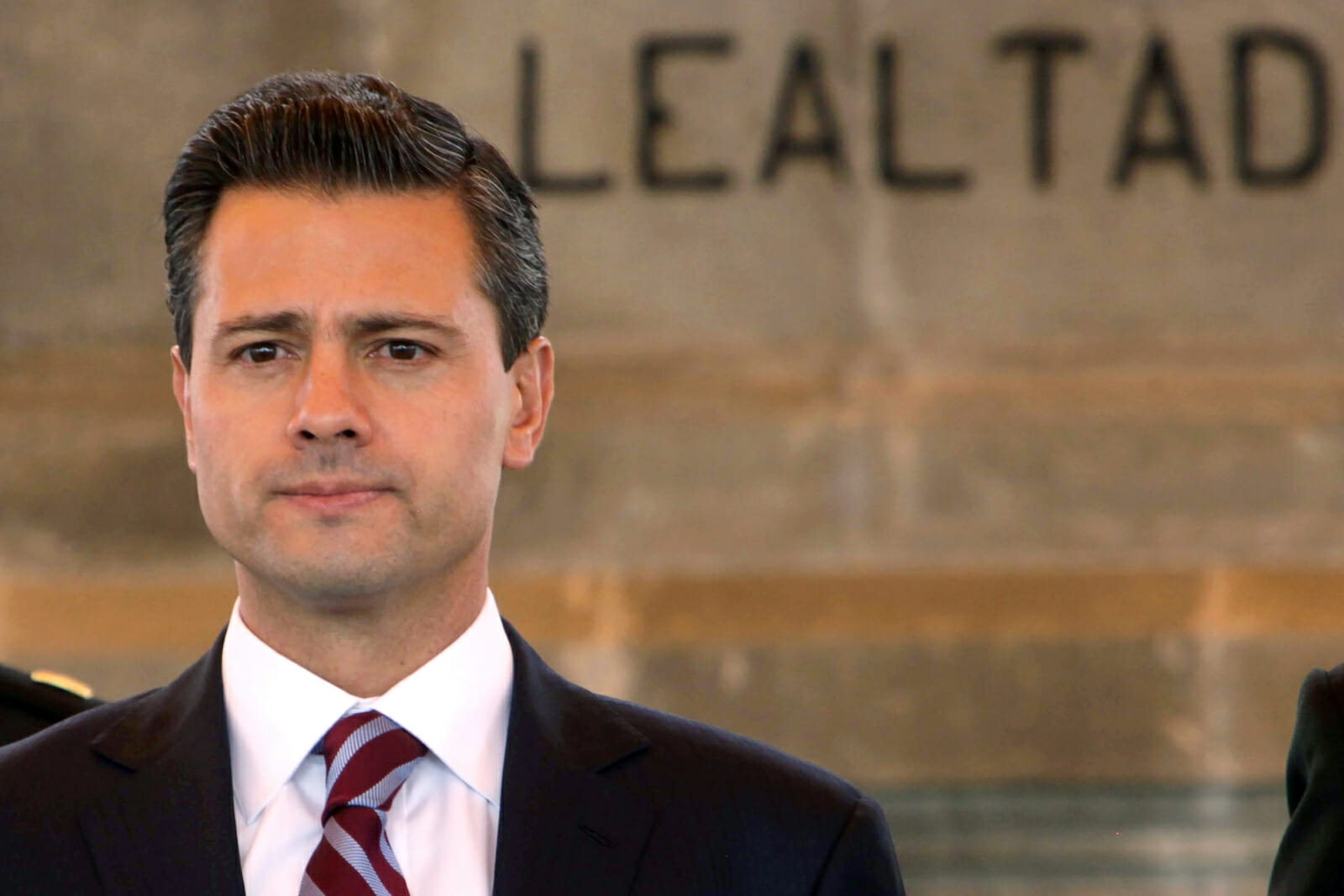
PRI Resurgence & the Future of the Border Wars
Election results in this year’s gubernatorial races have placed the Partido Revolucionario Institucional (PRI) back at the forefront of Mexican politics. Led by front-runner Enrique Pena Nieto – the former governor of the State of Mexico – the PRI is striving to rebuild its tarnished image rightfully earned during their seventy year reign. Since the beginning of the year, the party’s confidence has acquired hubris due to it amassing a nearly 30 point advantage over the other 2012 presidential candidates.
Finding bi-partisan resolutions to domestic affairs will be limited in the lead-up to the 2012 election. PRI leadership is focused on ousting the Partido Accion Nacional (PAN) from power which is expected to bring a deadlock at the national level; party leaders will be unwilling to work across the aisle knowing full well it has the possibility of aiding the other side.
Creating a political stalemate that undermines the ability of the PAN leadership to develop economic programs and combat the cartels will only benefit the PRI. A deadlock in government will create the perception that the current administration is incapable of creating the policies needed to strengthen national stability.
The Mexican people have begun to perceive PRI as the path to a more stable future; a perception aided by a faltering economic recovery, increased violence in regions held by drug cartels; floundering campaigns from PRI rivals, and a strong relationship between Governor Neito and Televisa – the largest Latin American mass media company.
Solid political strategies taking advantage of the nation’s lack of confidence in the current administration is only part of the equation for the PRI’s success. To reassert itself as a dominant force in Mexican politics, the PRI is aided by the population’s willingness to ignore the party’s long history of corruption and vote-rigging; malfeasance they could not ignore during the 2000 Presidential election.
If the PRI were able to reclaim power, the consequences for the Mexican people and United States security are that there is a strong possibility that the Calderon administration’s policies to combat the drug cartels will be weakened or ended. If the PRI ascends to power, the party’s leadership will not only lack the interest in keeping PAN policies alive, but may also reverse progress and rely on the policies and relationships that allowed the party to hold on to power for seventy years.
When the PAN and Vicente Fox took power in 2000, economic security was the primary concern. During this time, Latin America was suffering from a regional recession that stymied growth. By 2006, with the economy steadily becoming stronger, the newly elected President, Felipe Calderon, staked his presidency on a campaign to battle and defeat the cartels. The four years following the Calderon administration’s rise to power have been fraught with increased violence leading to the deaths of tens of thousands and the declaration of martial law in a number of states.
In 2009, Mexico was devastated by the international market collapse, shrinking the market by over six percent. The economic downturn exacerbated the conflict along the country’s northern border as individuals sought out incomes taken from them in the recession. Moreover, the increasing violence created economic concerns and perceived weaknesses in national stability which threatened to further undermine Mexico’s ability to counteract the recession. By 2010, the country had successfully reversed course – the economy grew by 5.5% – but it would not be enough to assist the PAN in garnering strong public support.
The market resurgence was not strong enough to counteract the recession’s effects and the conflict against the drug cartels had already taken center stage. The PRI has been able to capitalize on the economic downturn and the current administration’s inability to introduce economic alternatives, capitalize on regional prosperity, and end the violence that deters foreign investments.
Combating the cartels was an important leadership stance by the Calderon administration; a stance that the PAN would not accept the passive reaction to cartel violence the PRI had exhibited in the 1980s and 1990s. It is widely believed that the PRI’s ability to quell violence during their reign came about as a result of deals brokered between government officials and cartel leaders. There may be some credence to this belief as cartel violence did not become heightened until after 2000, once the PRI were removed from power.
Last year violence increased throughout Mexico as a number of cartel leaders were arrested or killed in police and military raids. The violence was not only a response to internal restructuring, but also many analysts believe it is a warning against government and citizen interference in their organizational affairs. If this is the case, then many cartel leaders will be interested in finding politicians willing to allow them to hold on to their power while they begin to strive to rebuild their empires.
What seems to be ignored is that cartels are made up of individuals who can vote, sway voters through violence, and provide funding to politicians more willing to broker deals with them rather than combat them. The PRI has the ability to reverse the programs implemented by the Calderon administration once it is in power; an action that will face little opposition. A majority of the nation’s population remain upset over the legacy left behind by the PAN administrations, which, for many, created an environment that allowed the violence to spread.
The possibility of the PRI weakening or ending President Calderon’s current strategy against cartel violence should be a primary concern for United States security, for the U.S. will lose an important ally.

